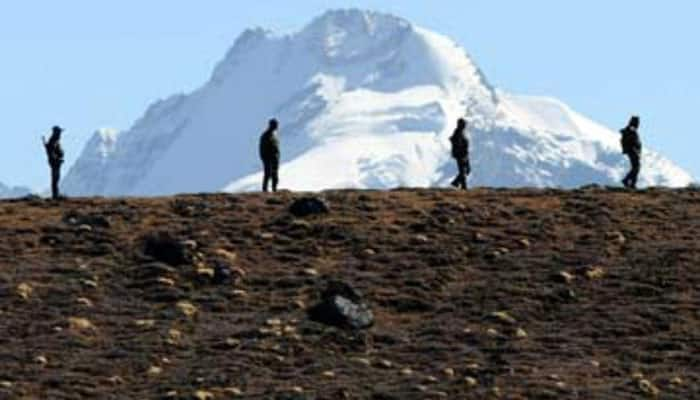New Delhi: In a positive development, China has agreed to stop road construction activity at Bhising area in Upper Siang district of Arunachal Pradesh.
This was indicated by Chief of Army Staff, General Bipin Rawat, during his interaction with media persons in the national capital yesterday.
This comes two days after the two sides had a meeting on January 6 over the issue.
''The transgression incident in Arunachal Pradesh, where Chinese workers had entered Indian territory constructing a track, has been resolved, Army Chief General Bipin Rawat had said on Monday.
"The Tutting incident has been resolved after a border personnel meeting," Rawat said.
It has been sorted out & we have had our Border Personnel Meeting after that: Army Chief General Bipin Rawat on face-off with China in Arunchal Pradesh pic.twitter.com/KCGRfQ4Kfn
— ANI (@ANI) January 8, 2018
A Chinese road construction party had entered India on December 26, 2017, and were constructing a track, around two kilometres away from the nearest Indo-Tibetan Border Police post.
An almost 600-metre-long and 12-feet wide track was constructed on the Indian territory when the Chinese party was stopped.
The Chinese labourers had entered the area inadvertently, according to a government report on the incident.
The Chinese People`s Liberation Army (PLA) troops were not involved in the incident, the report said.
Indian troops had pushed back the labourers and seized their equipment.
The Indian and Chinese troops had a meeting on January 6 over the issue.
Following the Border Personnel Meeting, India returned the excavators and water bowsers to China.
"The Chinese reacted very maturely. They accepted that different perception of the border led to crossing the Line of Actual Control," a senior officer aware of the developments, was quoted as saying by media reports.
"China has assured us that it won't be using the road now," he added.
Meanwhile, talking about the situation along the India-China border in Sikkim sector, where the two countries were involved in a 73-day-long standoff in Doklam, he said there was a major reduction in the number of troops on the Chinese side.
The reactions from Rawat came nearly four months after the end of the Dokalam standoff that went on from June 16 to August 28, 2017.
Earlier, speaking at the Army Technology Summit here, the Army Chief pitched for modernisation of the force and said India needed to be ready for "future wars".
"There is a huge requirement of modernisation of our armed forces, in every field," he said.
"Future wars will be fought in difficult terrains and circumstances and we have to be prepared for them.
"We would like to gradually move away from imports (in defence technology) because, for a nation like ours, the time has come to ensure that we fight the next war with home-made solutions," he said.
Chinese efforts to construct a road in upper Siang had sparked considerable concern in New Delhi.
The fresh road building activity began a few months after the 73-day stand-off between Indian and Chinese troops at the Doklam plateau in Bhutan.
The stand-off between both the troops near the India-China-Bhutan tri-junction started on June 16, when a People's Liberation Army (PLA) construction party entered the Doklam area and attempted to construct a road on land that is claimed by Bhutan.
The face-off ended on August 28.
(With Agency inputs)
















